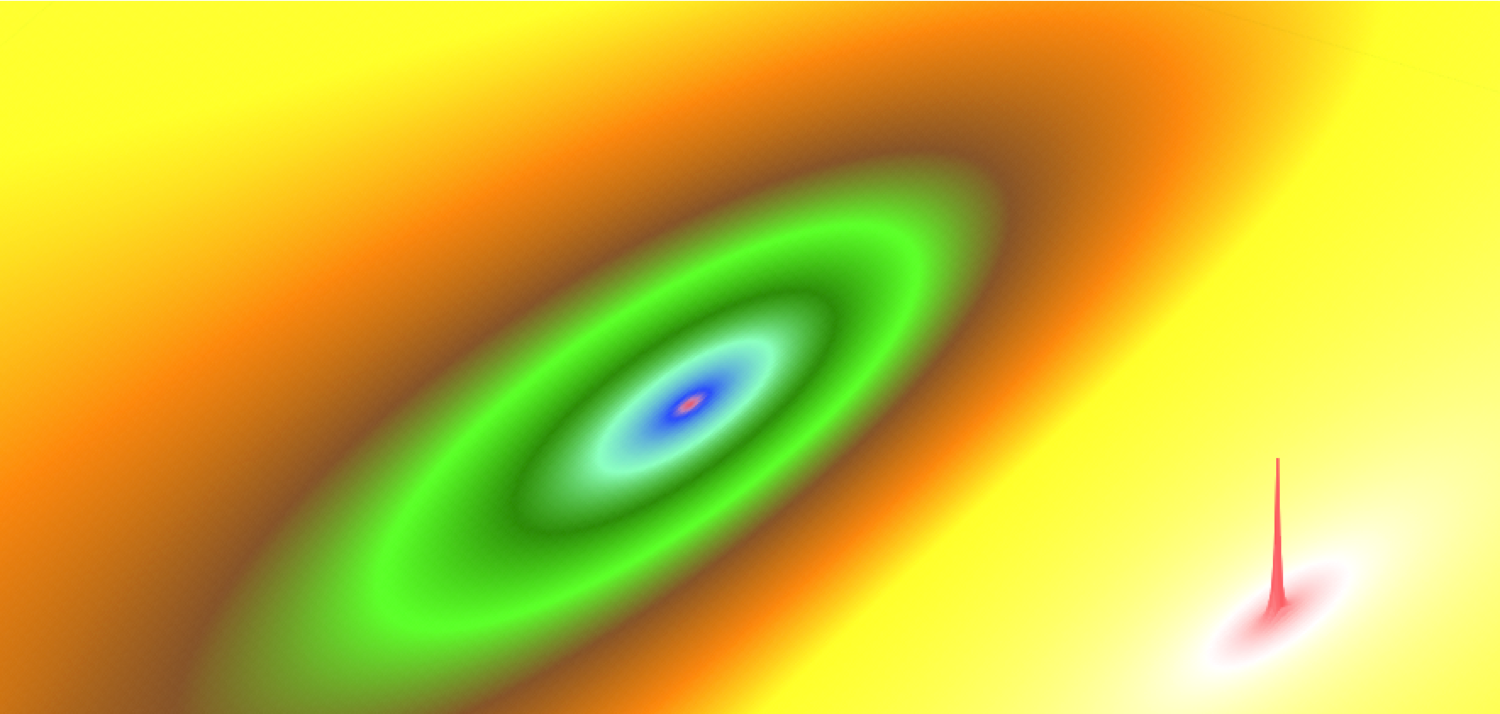When are Surface Plasmon Polaritons Excited in the Kretschmann-Raether Configuration?
Jonathan J. Foley IV, Hayk Harutyunyan, Daniel Rosenmann, Ralu Divan, Gary P. Wiederrecht, and Stephen K. Gray
Scientific Reports
2015

It is widely believed that the reflection minimum in a Kretschmann-Raether experiment results from direct coupling into surface plasmon polariton modes. Our experimental results provide a surprising discrepancy between the leakage radiation patterns of surface plasmon polaritons (SPPs) launched on a layered gold/germanium film compared to the K-R minimum, clearly challenging this belief. We provide definitive evidence that the reflectance dip in K-R experiments does not correlate with excitation of an SPP mode, but rather corresponds to a particular type of perfectly absorbing (PA) mode. Results from rigorous electrodynamics simulations show that the PA mode can only exist under external driving, whereas the SPP can exist in regions free from direct interaction with the driving field. These simulations show that it is possible to indirectly excite propagating SPPs guided by the reflectance minimum in a K-R experiment, but demonstrate the efficiency can be lower by more than a factor of 3. We find that optimal coupling into the SPP can be guided by the square magnitude of the Fresnel transmission amplitude.